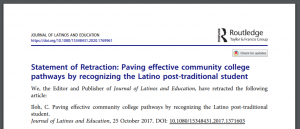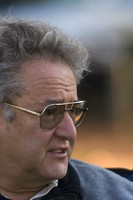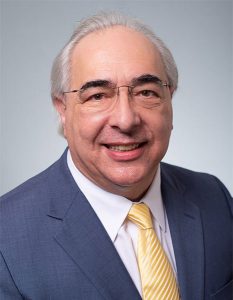On March 12, a senior administrator at a university in India sent a business proposal to a prolific economist in Ethiopia. If he joined the school’s stable of adjunct professors, the administrator promised, easy money could be made.
All the economist had to do was “add our affiliation for incentives in your papers,” explained Lakshmi Thangavelu, dean of international affairs at Saveetha Institute of Medical and Technical Sciences (SIMATS), in Chennai, in a written exchange.
“Surely I will do that. Not a big deal,” replied Mohd Asif Shah, an associate professor at Kebri Dehar University, in eastern Ethiopia.
But the deal turned sour. Although Shah listed SIMATS as an affiliation on at least two research papers he published this fall, in December he still hadn’t received any payments from the school, he complained. Then he turned to LinkedIn to share his frustration in a post that included screenshots of his conversation with Thangavelu, who is also a professor at Saveetha Dental College, part of SIMATS.
Continue reading Exclusive: Researcher outs Indian university’s publishing scam after it fails to pay him







